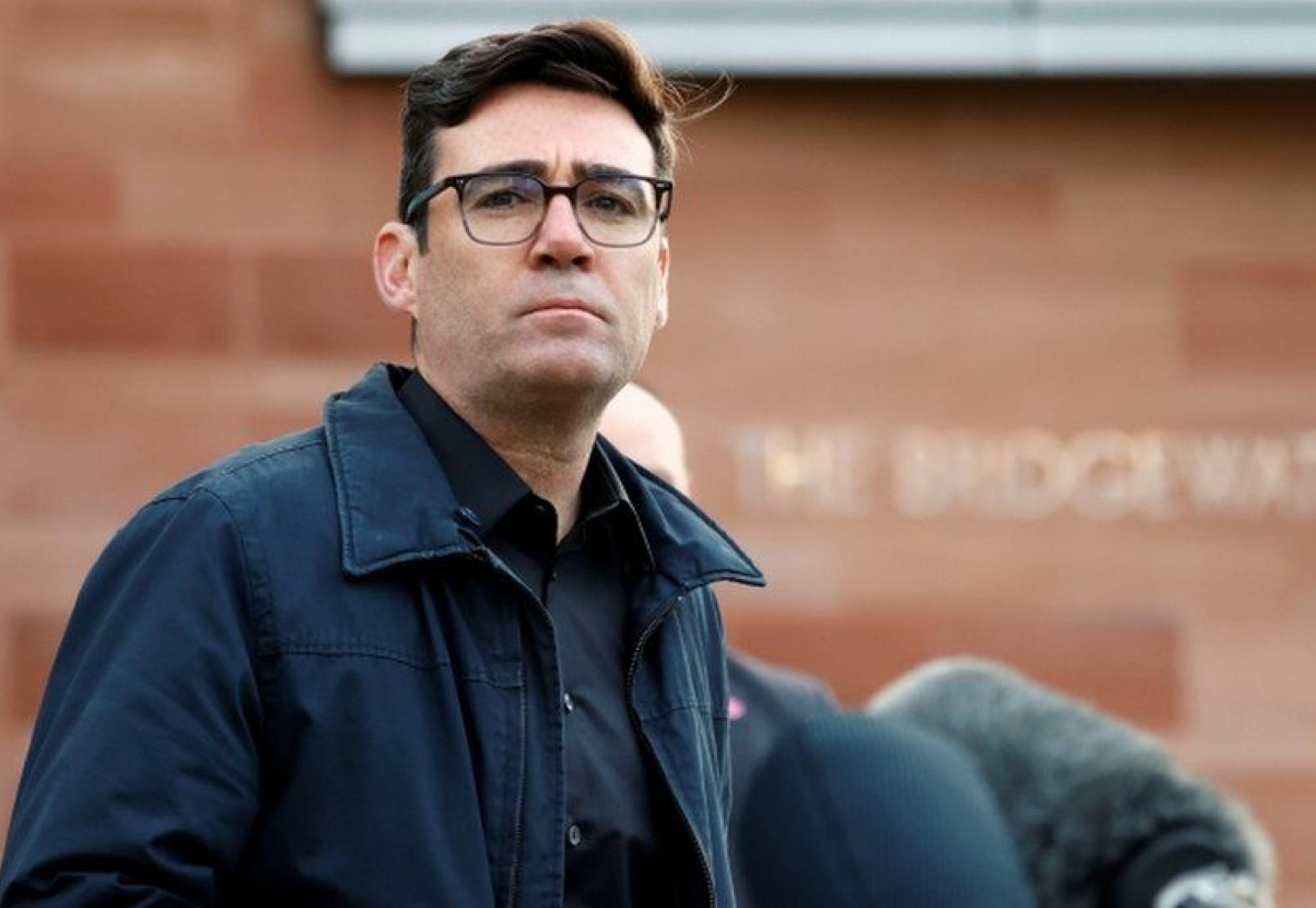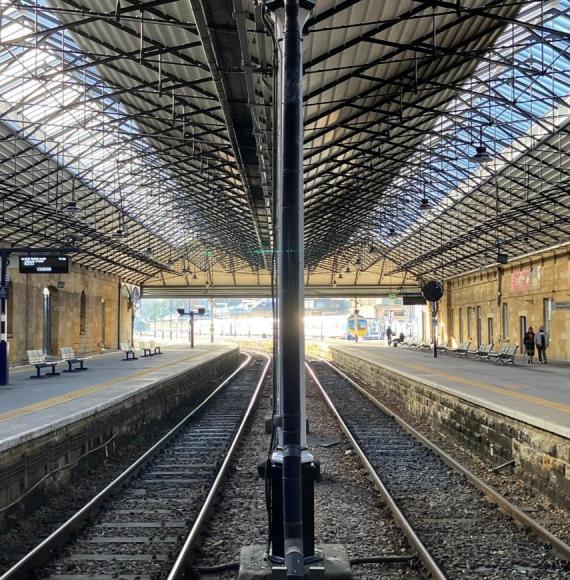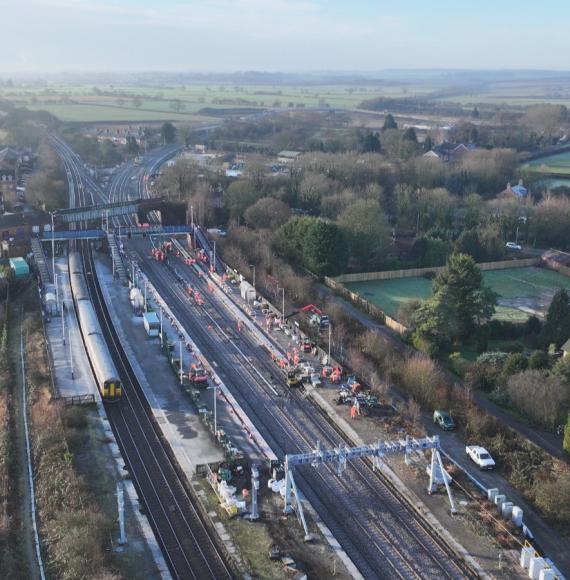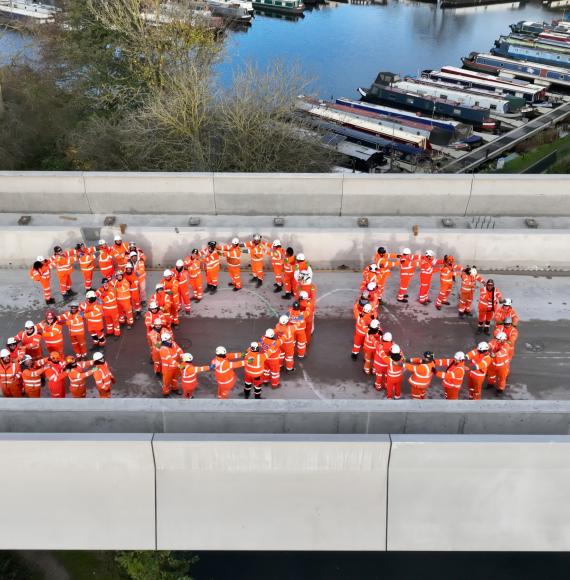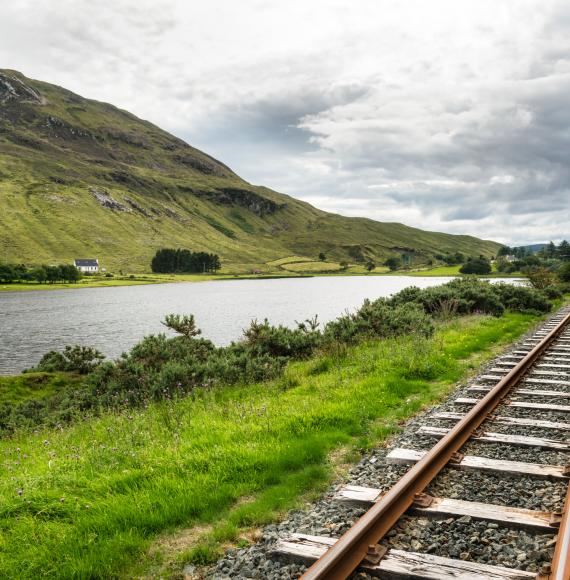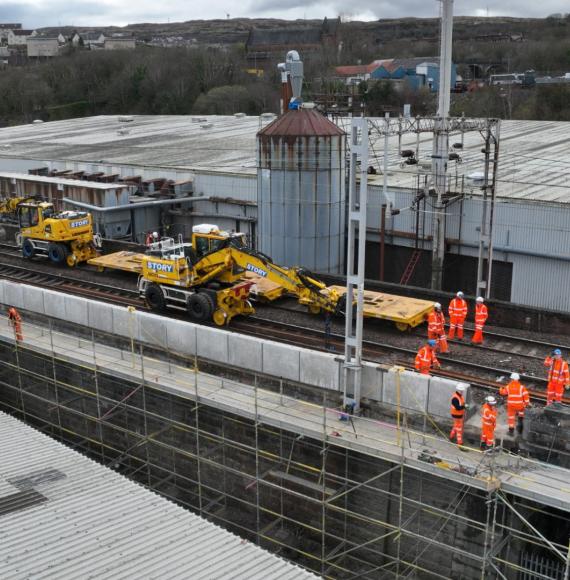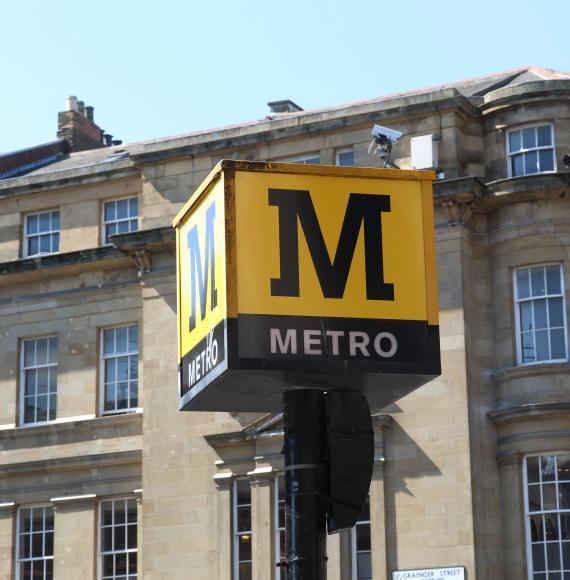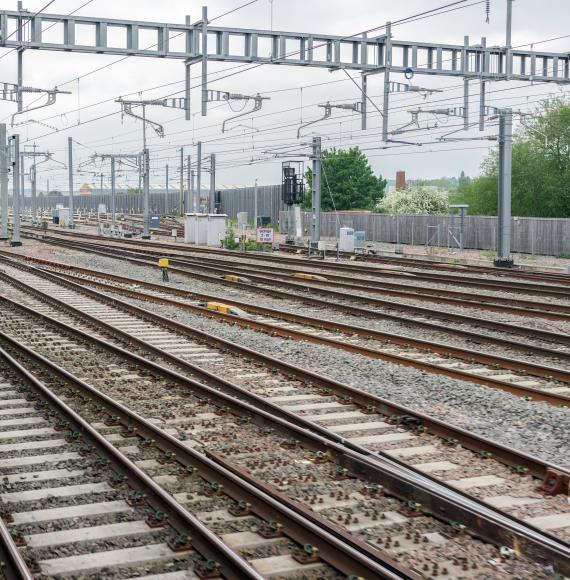Greater Manchester Mayor Andy Burnham is looking to take control of all 98 stations in Greater Manchester and with Network Rail's 'patch-them-up budget' to maintain them, after his accusations of the railway industry ‘failing’ the city. This has come shortly after Transport for Greater Manchester took control of Horwich Parkway Station, claiming that this would provide a blueprint for future plans. Burnham has labelled the state of the city centre stations as “embarrassing” to the industry.
These comments have come alongside the Transport Secretary Grant Shapps’ recent meeting with the Transport Committee last week, where Shapps was questioned about the state of Manchester’s stations. Focusing primarily on the Piccadilly station, the Committee addressed the need for drastic upgrades to the station in order to maximise the value of the planned inclusion of HS2 in northern cities. Shapps addressed the concerns by stating:
“There’s a lot of work required to get Manchester Piccadilly station capable of handling the kind of traffic that will be coming through, including HS2.
“A number of different studies been carried out into whether, for example, it should take the form of an underground station, and concluded that that in fact doesn’t work out. What it would do is take a lot of money out of other parts of the network. So, in the end, it’s been concluded that that’s not the way.
“But there will be very large amounts of construction around Manchester Piccadilly in order to get access to it.”
These damning statements on the current state of Piccadilly support the views of Burnham and outline the need for someone to step in and steer the railway ship of Manchester into a brighter future. Burnham went as far as to say:
"These stations in city centre Manchester are an embarrassment to the rail industry because they are outliers in the city. You've got modern buildings where thousands of people are working in a really attractive environment and stations that are just nowhere near the same level. It's really something that can't be allowed to continue."
Mr Burnham has also outlined plans to build flats above the stations in order to better utilise the space whilst maximising their values.
The talk of course correcting the maintenance of Manchester’s 5 central stations comes just a month after a judge has ruled in favour of the mayor taking buses in the city-region back under public control for the first time since the 1980s.
Burnham’s desire to upgrade Manchester’s rail shows that he is trying to support, not just the local communities, but the overall economy of the city also. With current train prices from Manchester to London soaring to astronomical heights for a standard fare of £369.40 for a 377-mile return journey, many commuters and tourists are starting to look at other forms of transport or even re-location, instead of paying the astounding fees. This will dramatically affect the rail industry in the long term by leaving its name tarnished and money going towards other sectors of the transport industry.
The current issues in the northern rail systems accompany the long-held belief in the UK that the entire rail system should look at being renationalised in order to stop soaring ticket prices whilst also improving the quality services provided. Mr Burnham’s ambitious nature could expand to nationwide change to the rail system which could provide a plethora of economic and environmental benefits.
Potential benefits of nationalised rail
Environmentally speaking, a nationalised rail is one of the quickest and easiest way to reduce the UK’s carbon footprint. A centrally funded and efficient rail network could encourage commuters and tourists alike to ditch car travel, in favour of quicker and more efficient journeys. This would alleviate massive levels of congestion across the UK’s roads, thus leading to a decline in levels of pollution
Another key advantage to the nationalised rail ideal is access to a larger economy’s resources. This would be a massive financial benefit as it would see key infrastructure purchasing happening at a larger scale. The likes of materials, rail tracks and rolling stocks could be purchased on a larger scale than smaller operators, thus reducing the average costs involved and helping to supply and integrate these purchases more efficiently.
A nationalised rail helps to reduce the possibility of a naturally occurring monopolisation within the industry. As seen with the example of the water industry, privatisation of a sector can lead to private companies inheriting existing infrastructure. This would, in theory, inhibit less established start ups being able to offer innovative new systems as the construction of new pipelines would be prohibitively expensive for smaller companies. The monopolisation of individual companies could lead to price hikes for services will little to no competition, creating no incentives to adjust their current strategies.
Potential cons of nationalised rail
Whilst government intervention can often be championed as a saving grace to inflated prices of the private sector, it can also be seen as a negative influence from outsiders. This concern was addressed by Australia’s Liberal Democrat Party with the claim that governments “are not businesses and do not operate on business principles.” Critics to the idea of nationalisation argue that governments are not concerned about the necessary business practices, instead focusing on the political pressures. This can lead fears of decision-making being focused on public image and not the overall success of a specific industry.
Another perceived con of nationalisation is the inefficiency that can accompany it. While it was outlined above how private monopolisation can be a negative that leads to stagnation of the industry through lack of competition. That same argument can be spun in regard to the nationalisation of rail due to the fact that there are no external companies pressuring the government to innovate in key areas. This competition can spur the industry forward toward improvements for efficiency and overall quality.
The final problematic area for nationalised rail within the UK would be the budgetary allowances for the industry. Nationalised industries have a limited scope in which to operate when it comes to raising funds for long term innovations and modernisation. This is because they would have to compete for these funds alongside other government spending departments such as health, education or defence.
Concluding thoughts
The reality of industry nationalisation is that it can only be as effective as the government that is overseeing it. Many of the pros and cons can be interpreted as positive or negative for very similar reasons, meaning a lot of its effectiveness can be perceived differently due to individual idealism and trust of the government to handle certain projects. If Burnham is successful in his ambitions, then this will be a story to keep a keen eye on as this could be used as a case study for future successes and failures for nationalisation across a plethora of industries.

